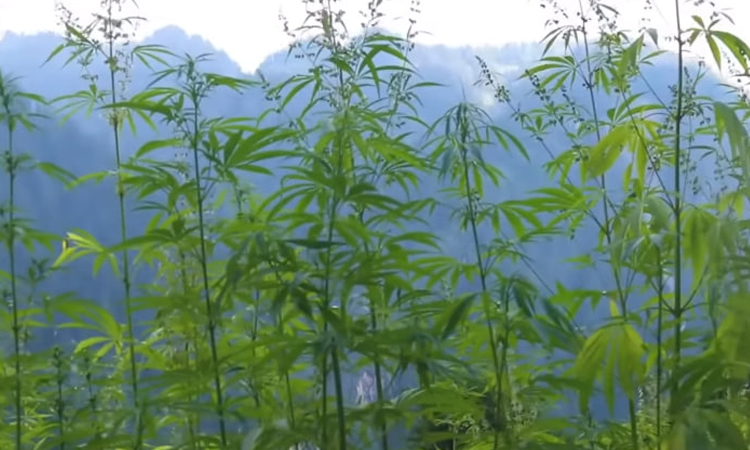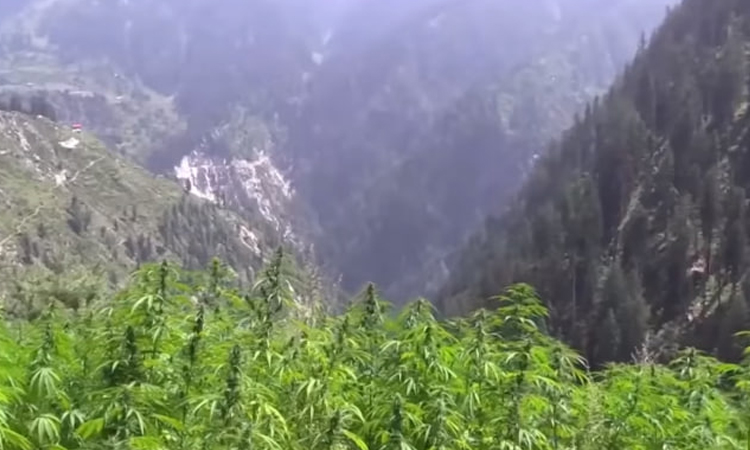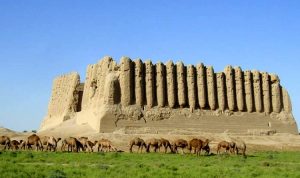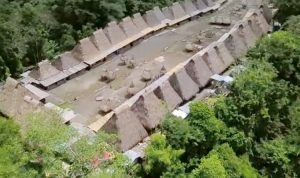Malana, a remote settlement nestled in the Himalayan foothills, has captured the world’s attention for its production of high-quality cannabis. Hidden among the majestic peaks of Himachal Pradesh, India, Malana is a unique example of how history, culture, and the natural environment can impact a distinctive local industry.
The Origins of Malana: Rich Historical Traces

The history of Malana is intertwined with ancient myths and legends. It is believed that the village’s inhabitants are descendants of Alexander the Great’s army left behind after his campaign in the Indian subcontinent in the 4th century BCE. Local legends suggest that Malana is one of the few places in India untouched by Alexander’s influence.
Although the true origins may not be entirely clear, what is certain is that Malana has been inhabited for thousands of years. Its people have tightly held onto their traditions, isolating themselves from the outside world and preserving their cultural authenticity.
Cannabis Cultivation: A Proud Phenomenon
One of the things that has made Malana famous worldwide is the production of high-quality cannabis by its inhabitants. The cannabis plants that grow on the slopes of Malana are said to have unique characteristics that cannot be found elsewhere.
The mountain climate and fertile soil provide an ideal environment for the growth of strong and high-quality cannabis. Additionally, the knowledge and cultivation skills passed down from generation to generation have made Malana a highly respected cannabis producer.
Journey to Malana: Challenges and Beauty
Despite its remoteness, Malana has attracted the attention of adventurers, researchers, and tourists from around the world. However, reaching the village is not an easy task. The journey to Malana involves traveling through rugged mountain terrain, with narrow winding roads winding through valleys and ravines.
However, for those willing to face the challenges, Malana offers breathtaking natural beauty. The views of the majestic mountains, lush green fields, and fresh air are truly unforgettable, making every journey to the village worthwhile.
Ethics and Controversies: Challenges in the Malana Cannabis Industry
While cannabis has been an integral part of Malana’s life and economy for centuries, the industry is not without controversy. While many see cannabis as an important source of income and a cultural heritage to be preserved, there are also concerns about its impact on the local community, especially the younger generation.
The Indian government has sought to regulate the production and consumption of cannabis in the country. However, the implementation of these policies often clashes with the desires of the local population, who feel that regulatory efforts could disrupt their traditions and livelihoods.
Preserving Authenticity: Challenges in the Modern Era
In the midst of globalization and modernization, preserving Malana’s authenticity and cultural identity poses its own challenges. While some villagers wish to maintain their traditional way of life, others may be interested in new economic opportunities offered by the outside world.
It is important for the government and local communities to work together in efforts to protect Malana’s cultural and environmental heritage while ensuring the well-being of its people. Sustainable education and economic development initiatives can help align growth with preservation.
The village of Malana is a captivating and enchanting place, with a rich history and unique culture. From its fertile cannabis fields to its stunning mountain vistas, Malana offers an unforgettable experience for anyone willing to explore its beauty.
However, while enjoying its charm, it is important to respect and understand the values and traditions held dear by its inhabitants. Thus, we can ensure that Malana remains a valuable legacy for future generations, while maintaining a balance between environmental preservation and sustainable economic development.







